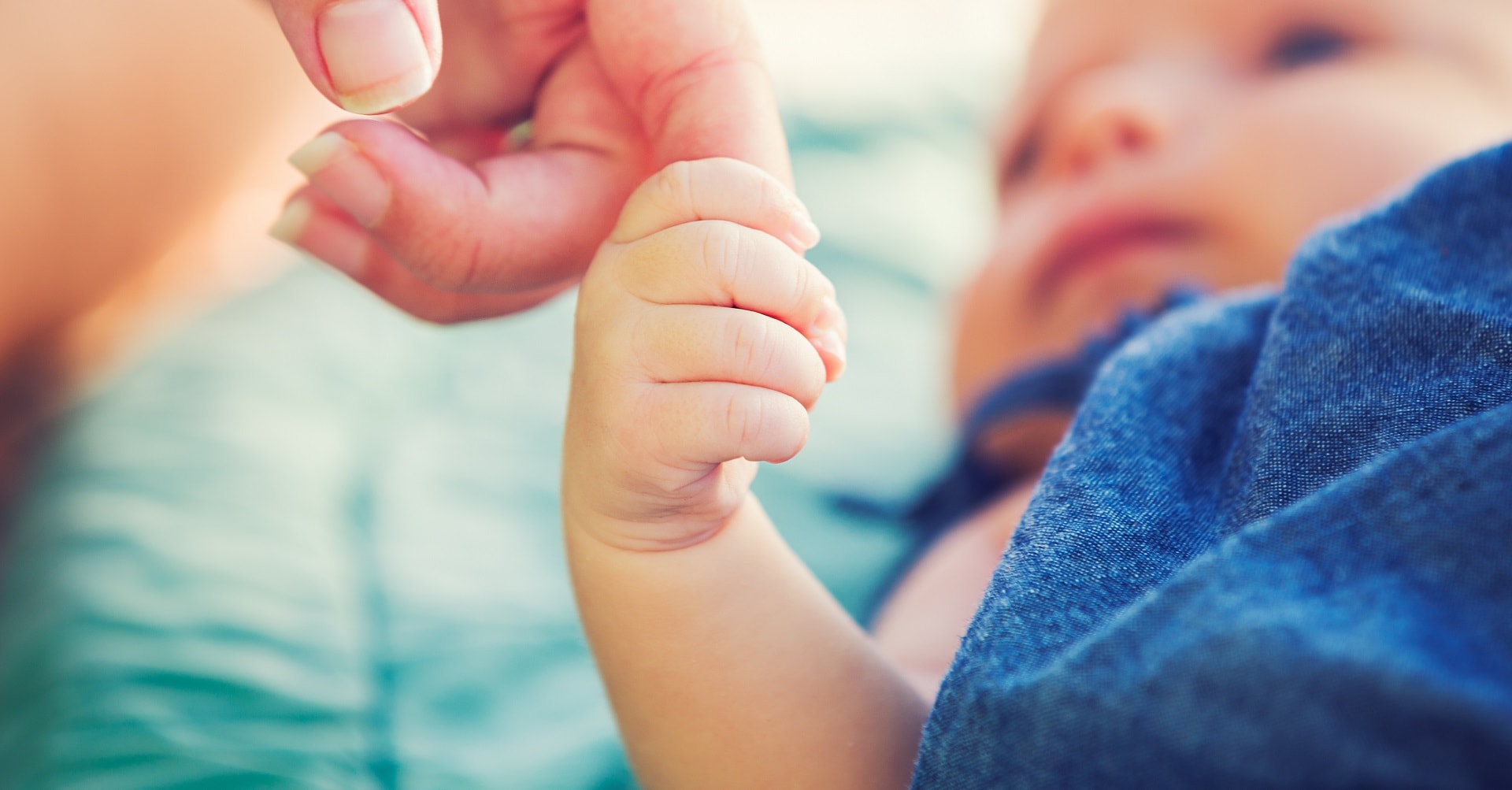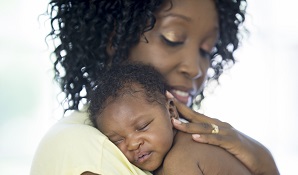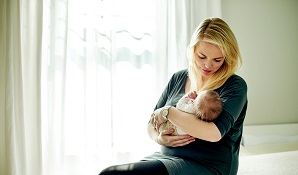This blog is part of our Weaving Wisdom series aimed at informing expectant parents about birth choices and encouraging proactive management of both the pregnancy and birth periods.
Byline: Louïne van der Vyver and Karin Steyn
“Birth is not just a medical event. It is a transformational process where a woman becomes a mother and a man a father. Birth is the ultimate preparation for the unknown and requires the opening up of expectations and dropping the idea of control. It is a process of opening up on a physical, psychological, emotional level and spiritual level,” says Sally Baker, in her book Birthing From Within: An Extra-Ordinary Guide to Childbirth Preparation.
Sally is a qualified birth trauma counsellor and deals with trauma debriefing and post-natal depression. “Birth can be the birthplace of Post Natal Depression (PND) if the birth did not go according to plan,” she says.
When birth brings suffering instead of joyWomen may feel overwhelmed by the experience or feel they had failed because they did not have the birth they had planned, and perhaps ended up with a caesarean section or difficulty breastfeeding. Those thoughts and feelings can be a contributing factor to the development of Post Natal Depression.
Other factors that make women vulnerable to the development of PND include:
- lack of support,
- unexpected experiences,
- and previous history of depression, eating disorders or other challenges.
Difficulties with the baby, such as having a baby who needs to go to neonatal ICU, also affect postnatal adjustment. Mothers who do not receive sufficient emotional and physical support may feel they are starting to run on empty as they continue to give everything of themselves but have little opportunity to refuel. It seems that PND can be the conglomeration of experiences that just become too much.
Hormonal factors are also believed to play a role. It is not possible to predict who will develop postnatal depression, as it can happen to anybody. “What you can do, is to get help fast. Mothers can also create space in their lives to connect with other women, to gain access to support and input and share this time in their lives with others on the same path,” says Sally.
How will you know if you have PND and not just the ‘Baby Blues’ or suffering from sleep deprivation?It is not normal to feel awful for weeks on end after having a baby, feeling super-anxious or worried all the time and just not feeling like yourself. Mothers must acknowledge when they feel that they are just not coping and seek help as soon as possible.
“We have an amazing ability to heal and we are resourceful, but we can make it so much easier. You would not walk around with a broken ankle, you would go to your doctor and get it fixed, have a cast put on. It is the same with our emotions and feelings. We may need the help to find the gems. The treasures that we seek is in the dark places.”
The views and opinions expressed in this article are those of the authors and do not necessarily represent or reflect the views of 1Life or its employees.




